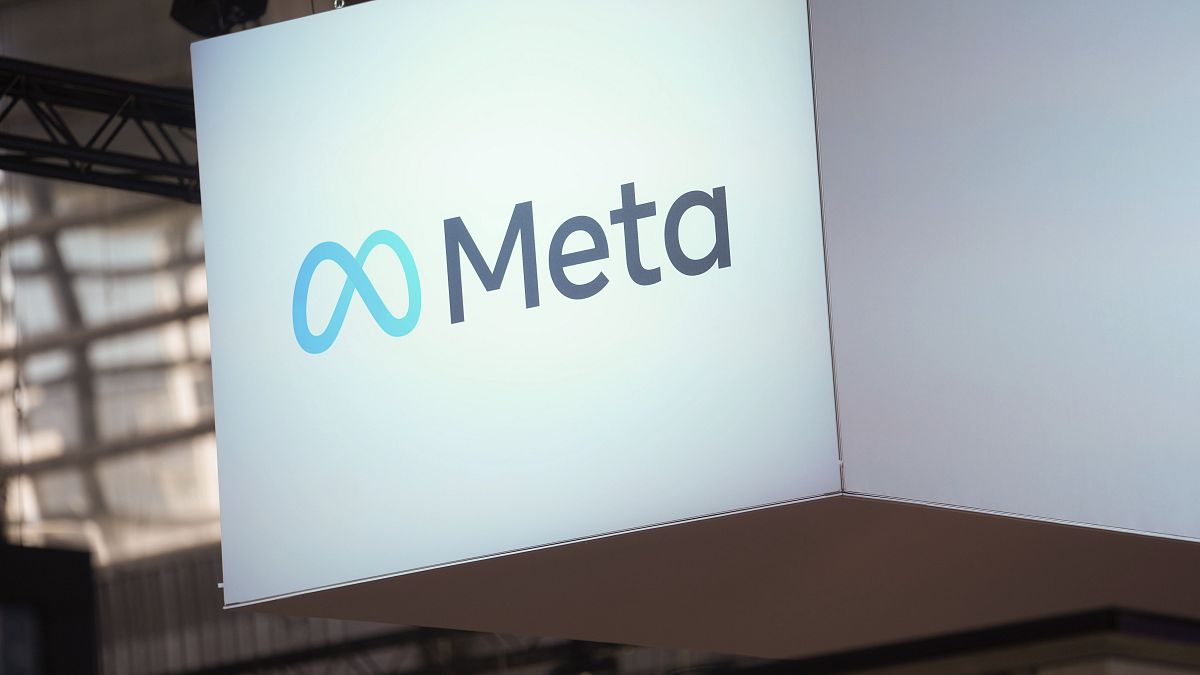Meta to hide posts about suicide, eating disorders from teens’ Instagram and Facebook feeds
Meta to hide posts about suicide, eating disorders from teens’ Instagram and Facebook feeds
Meta has revealed its intention to shield teens on Instagram and Facebook from posts pertaining to suicide, self-harm, and eating disorders. The social media giant, headquartered in Menlo Park, California, announced on Tuesday that it will not only conceal inappropriate content from being recommended but also prevent it from appearing in the feeds of teenage users, even if shared by accounts they follow.

In a blog post, Meta emphasized its commitment to providing teens with safe and age-appropriate experiences on their platforms. Teen users, unless they misrepresented their age during registration, will find their accounts subjected to the most restrictive settings, preventing them from searching for potentially harmful terms.
Addressing the complexity of certain topics, Meta stated, “Take the example of someone posting about their ongoing struggle with thoughts of self-harm. This is an important story and can help destigmatize these issues, but it’s a complex topic and isn’t necessarily suitable for all young people.”
The company acknowledged the removal of such content from teens’ experiences on Instagram and Facebook, along with other forms of age-inappropriate material. This move comes in the midst of legal challenges, with dozens of US states filing lawsuits against Meta, alleging that the company knowingly and deliberately designed features on Instagram and Facebook that contribute to youth addiction and mental health issues.
However, critics, including Josh Golin, executive director of the children’s online advocacy group Fairplay, view Meta’s announcement with skepticism. Golin remarked, “Today’s announcement by Meta is yet another desperate attempt to avoid regulation and an incredible slap in the face to parents who have lost their kids to online harms on Instagram. If the company is capable of hiding pro-suicide and eating disorder content, why have they waited until 2024 to announce these changes?” Critics argue that these measures fall short of addressing the broader concerns and challenges posed by the impact of social media on young people.
- You must be logged in to reply to this topic.
Recent Topics
-
Nigeria has been battling Fuel Scarcity For Over 49 years
by
 Shekinah Brama
2 hours, 42 minutes ago
Shekinah Brama
2 hours, 42 minutes ago -
JAMBITES! Get In Here: Comment your course, school and JAMB score and we will guide you for admission
by
 Student Village
17 hours, 23 minutes ago
Student Village
17 hours, 23 minutes ago -
JAMB results 2024 errors and solutions: Under investigation
by
 Student Village
3 days, 2 hours ago
Student Village
3 days, 2 hours ago -
Genevieve Nnaji
by
Jimoh hikmah eyitayo
1 day, 23 hours ago -
Genevieve Nnaji
by
Jimoh hikmah eyitayo
3 weeks, 4 days ago






